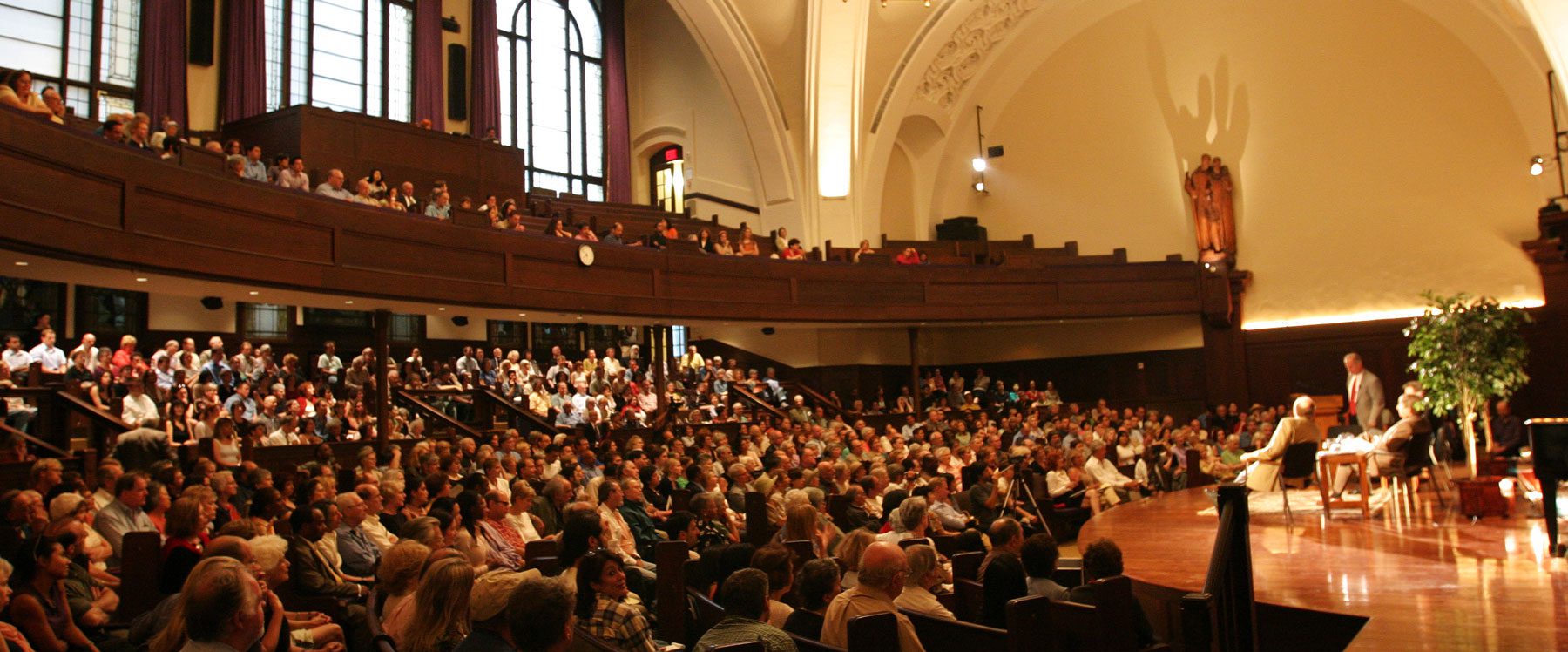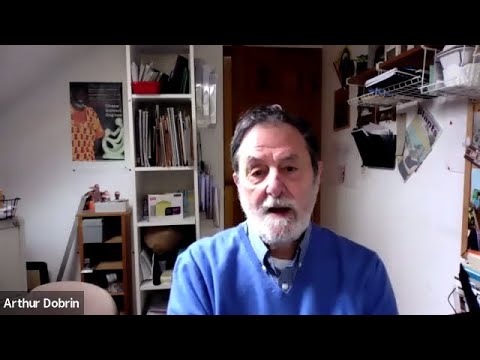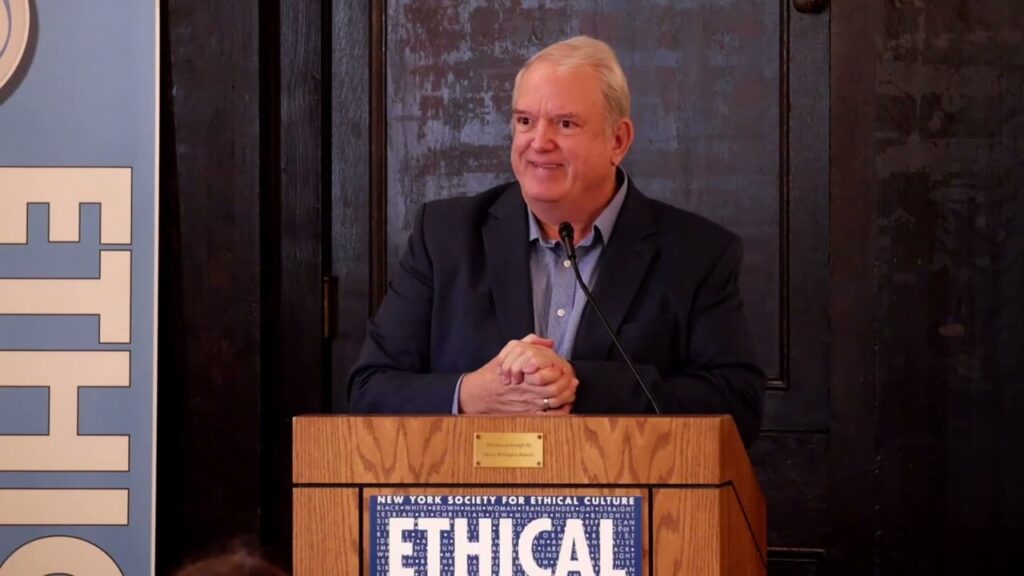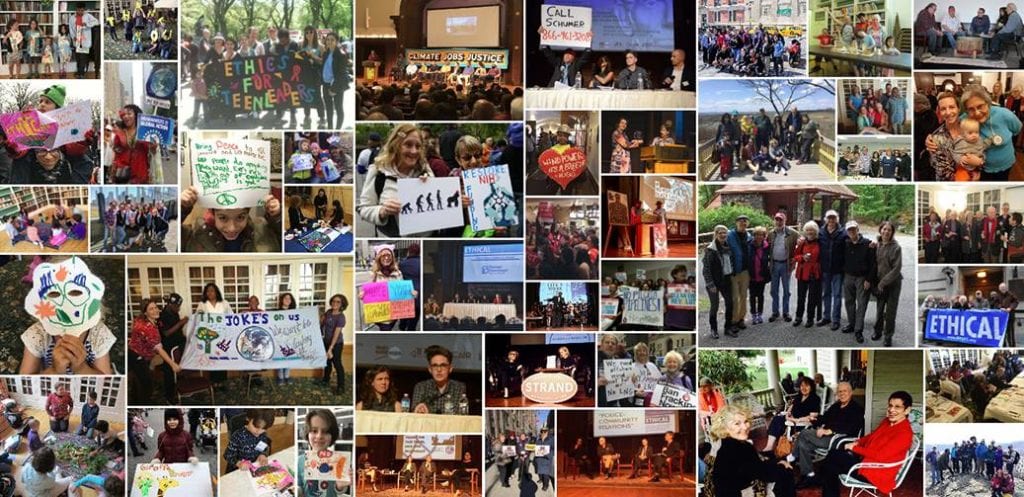
On October 5, fifteen stalwart NYSEC members headed to Foley Square to participate in one of many Occupy Wall Street actions. Several of us had participated as individuals at the daily protests and general assemblies. Since this march was legal (A city permit had been obtained.), I felt comfortable approaching our Board of Trustees for support and reaching out to our community for participation. Barricades staffed by the NYPD kept us in line all along the route where we mingled with people of all ages and professions, workers and unemployed. The title of this column was the slogan I held aloft throughout the march. Some of the myriad other posters read: “Lost my job, found an occupation,” “I Can’t Afford a Lobbyist,” and “The world has enough for everyone’s need, but not enough for everyone’s greed.” (See photos of members.) We chanted with thousands of others: “We are the 99%,” “The banks were bailed out; we were sold out,” and the ever popular “This is what democracy looks like!”
It took the mainstream media a long time to acknowledge that something important was happening in Zuccotti Park (aka Liberty Plaza) on the corner of Broadway and Liberty Street in lower Manhattan, the makeshift headquarters for Occupy Wall Street, a grassroots process movement that came alive on September 17. According to the website at www.occupywallst.org, this is a “leaderless resistance movement with people of many colors, genders and political persuasions. The one thing we all have in common is that We Are The 99% that will no longer tolerate the greed and corruption of the 1%. We are using the revolutionary Arab Spring tactic to achieve our ends and encourage the use of nonviolence to maximize the safety of all participants.” Arun Gupta, editor of The Occupied Wall Street Journal, a print broadsheet, struck a revolutionary note: “For over two weeks, in the great cathedral of capitalism, the dispossessed have liberated territory from the financial overlords and their police army.”
Friends of my generation have been humming and posting the lyrics to Steven Stills’ song, “For What It’s Worth” (1966) with the memorable lyrics “There’s something happening here, what it is ain’t exactly clear.” From the beginning, I appreciated that rather than issuing a neat list of demands, the group asked questions. That’s so Ethical Culture! You gotta love a movement that proclaims, “Educate yourself!” So many political pundits have missed the boat because they want digestible sound bytes to broadcast. This is a revolution that won’t be easily televised; it will be discussed in person and online, in the streets and on YouTube. It will defy analysis because it is grassroots and consensus-building.
A recent Census Bureau finding is that nearly one in six Americans – 46.2 million – live in poverty, the highest number ever reported by the bureau. On his PBS series, Tavis Smiley traveled across the country with Princeton professor Cornel West to examine poverty. “They [the poor] sense that they’re being rendered invisible,” Smiley says. “They sense that the focus has been on Wall Street, not Main Street, much less on the side street.” Every day on my commute from Brooklyn to Manhattan at least one person (and often more) enters the subway car asking for money. Some entertain by singing, dancing or playing an instrument; others simply beg, sharing stories of loss and need. One place they are sure to receive a hot and nutritious meal is at Liberty Plaza. I know because I have visited and contributed to the food table there.
Democracy is boisterous and messy; it’s also generous. It’s high time we turned away from the oligarchy that has overtaken our country and reclaim a democracy that values all its members for their inherent worth and dignity.
Postscript: You can practice ethics in economics by completing your annual pledge (minimum only $1 a day). NYSEC cannot continue its work in the community without your support.







